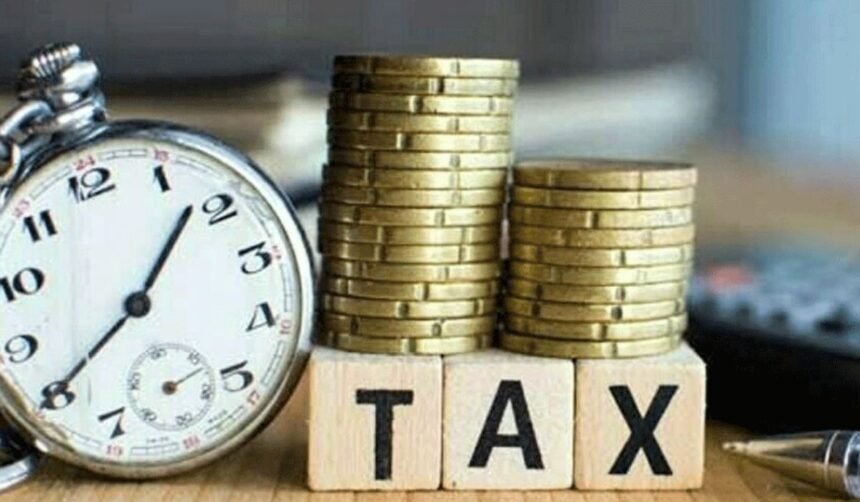Pakistan has ruled out the possibility of a mini-budget, even as it prepares for crucial talks with the International Monetary Fund (IMF). Prime Minister Shehbaz Sharif has instructed his economic team to negotiate maximum relief in light of the devastating flood losses.
Federal Board of Revenue (FBR) Chairman Rashid Mahmood Langrial confirmed that no immediate plan exists to introduce additional taxes. Instead, he said revenue targets will be achieved through stricter enforcement of existing tax laws and improved compliance. Officials believe the IMF will be convinced that fresh levies are not required.
Langrial added it was too early to comment on possible changes to the annual revenue target, which may be reviewed after discussions with the IMF. Finance Ministry officials also confirmed that earlier proposals, such as a flood levy, have not moved forward.
Read More: KP Approves Massive Education Budget for 2025–26
Sources revealed agenda for the IMF review includes relief in electricity bills for flood-affected households, easing repayment of farm loans, adjustments in tax targets, and acknowledgment of flood-related revenue losses. A slight downward revision of the growth target is also likely.
PM Shehbaz has directed negotiators to stress the social and economic impact of the floods. The government aims to persuade the IMF that revenues can be raised without burdening citizens with new taxes, while ensuring protection for vulnerable communities.
Earlier this week, it was report that the government was weighing a mini-budget to generate funds for flood rehabilitation through new levies on cars, cigarettes, electronic goods, and imported items.
The report had added that the plan, if approved by Prime Minister Shehbaz Sharif, could raise at least Rs50 billion, with exact revenue targets still under consideration. Proposals include a Rs50 levy on cigarette packs, a 5% charge on high-end electronics, and duties on vehicles above 1,800cc. T


